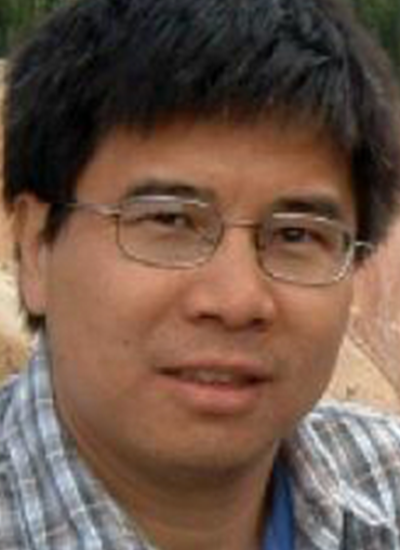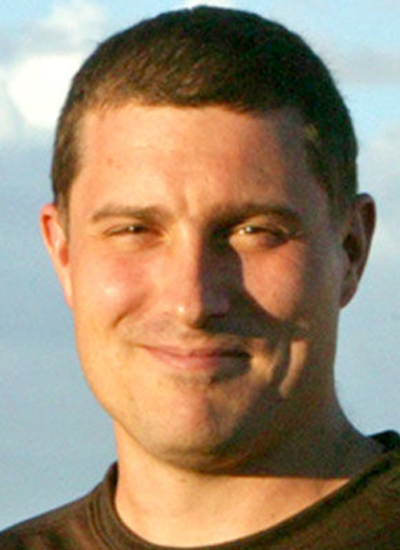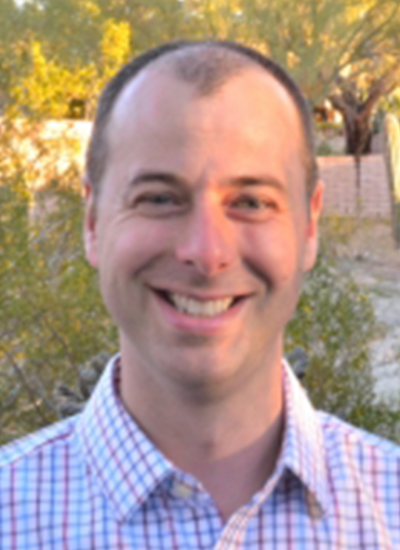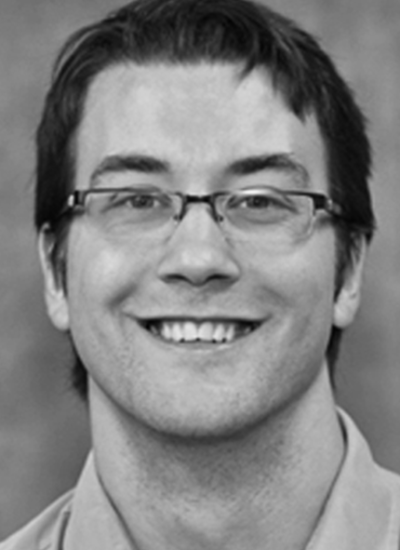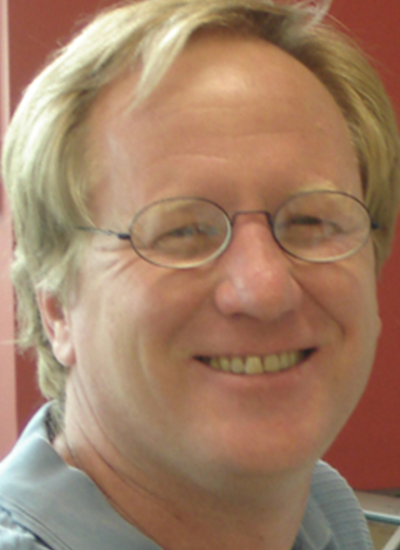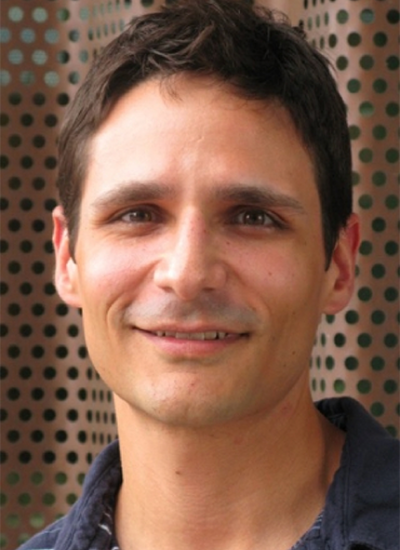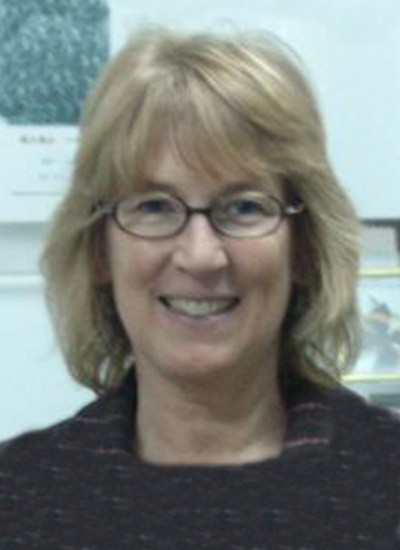Virology
Michael Worobey
Research Interest
Koenraad M Van Doorslaer
Research Interest
John G Purdy
Work Summary
All viruses hijack host cell machinery to facilitate their replication. My lab investigates how the production of infectious viral progeny relies on host metabolism. Our overall goal is to guide the development of novel antiviral therapies using information regarding how viruses hijack host metabolism.
Research Interest
John C Jewett
Work Summary
We seek to develop tools and strategies to expedite the understanding and treatment of the dengue virus. These advances will be transferable to other areas of virology and biochemistry. Along these lines, we are engaged in three core synergistic projects to answer the following questions: (1) Do unnatural metabolites incorporated into DENV serve as reporters for host-pathogen interactions? (2) What are the host-pathogen interactions in DENV that are targetable for diagnosis or treatment? (3) Is there a chemical reaction between two small molecules that reports on the interaction between DENV and host proteins?
Research Interest
Felicia D Goodrum Sterling
Work Summary
Dr. Goodrum's long-standing research focus is to understand the molecular virus-host interactions important to human cytomegalovirus (CMV) latency and persistence in the host. She has focused on identifying viral and host determinants mediating the switch between latent and replicative states. The goal of her research program is to define the mechanistic underpinnings of HCMV latency and reactivation to lay the foundation for clinical interventions to control CMV disease in all settings.
Research Interest
Bentley A Fane
Work Summary
Upon infection, viruses must transport their genomes into cells and produce progeny, often under a strict time deadline. We study how the viral proteins interact with with each other and with host cell proteins to efficiently accomplish these processes.
Research Interest
Samuel K Campos
Work Summary
We aim to understand the mechanisms of HPV infection, the cellular responses to HPV infection, and how the interplay between host and virus influences the outcome
Research Interest
Judith K Brown
Work Summary
Unravel the phylodynamics and transmission-specific determinants of emerging plant virus/fastidious bacteria-insect vector complexes, and translate new knowledge to abate pathogen spread in food systems.


